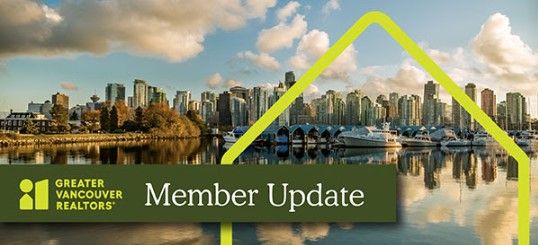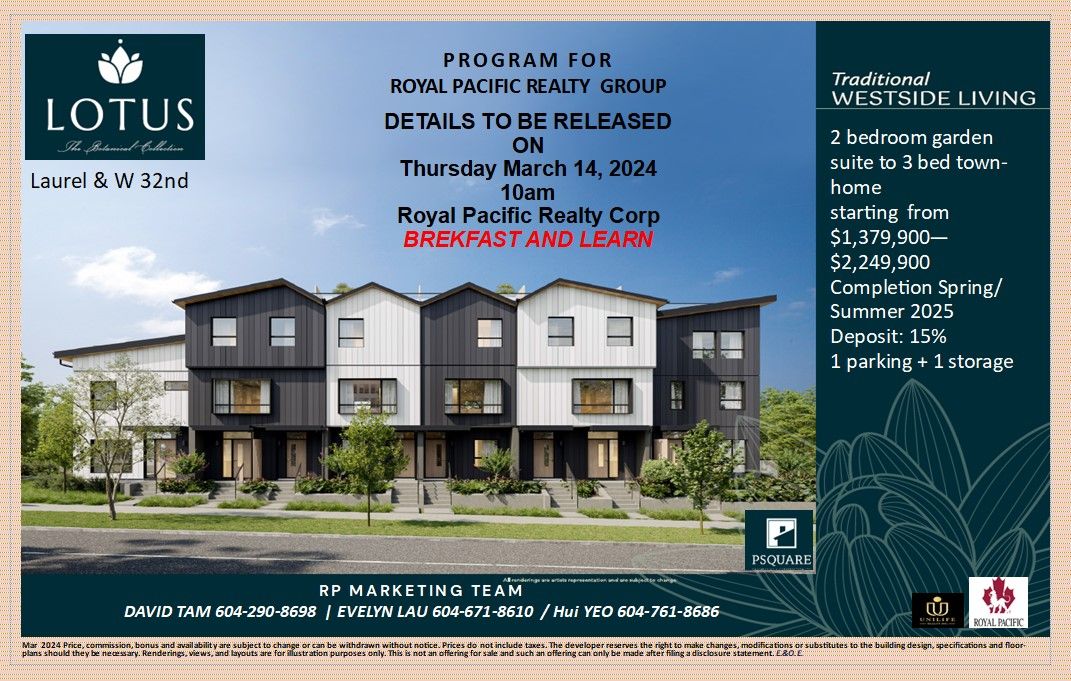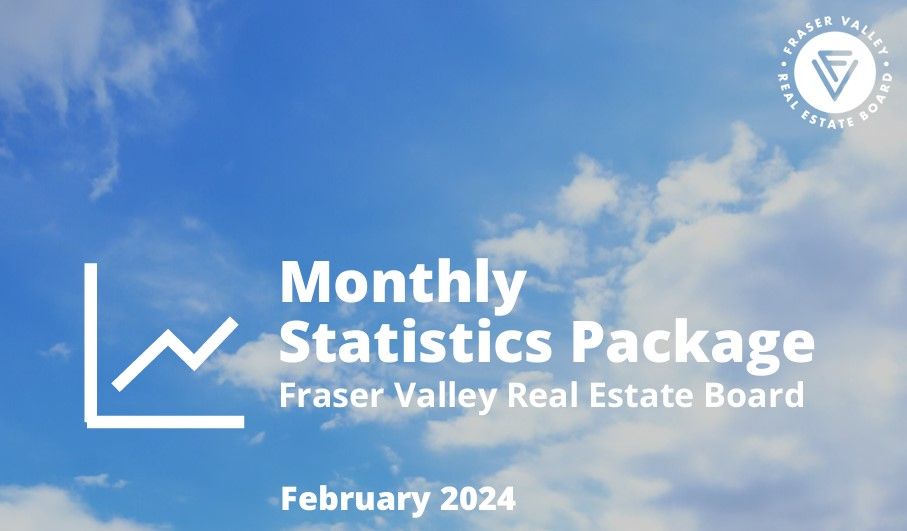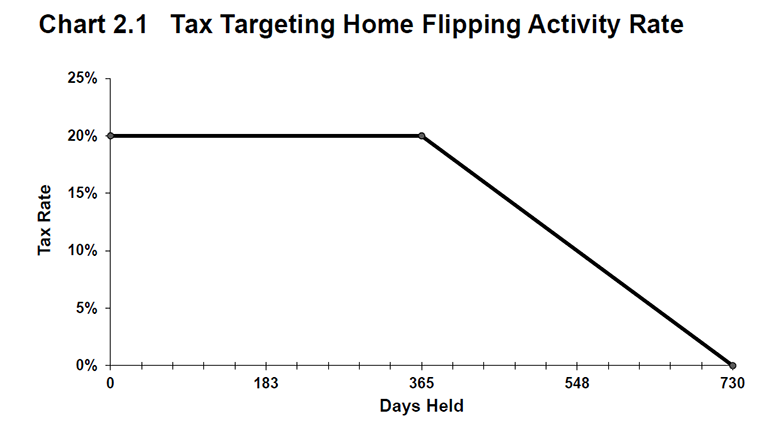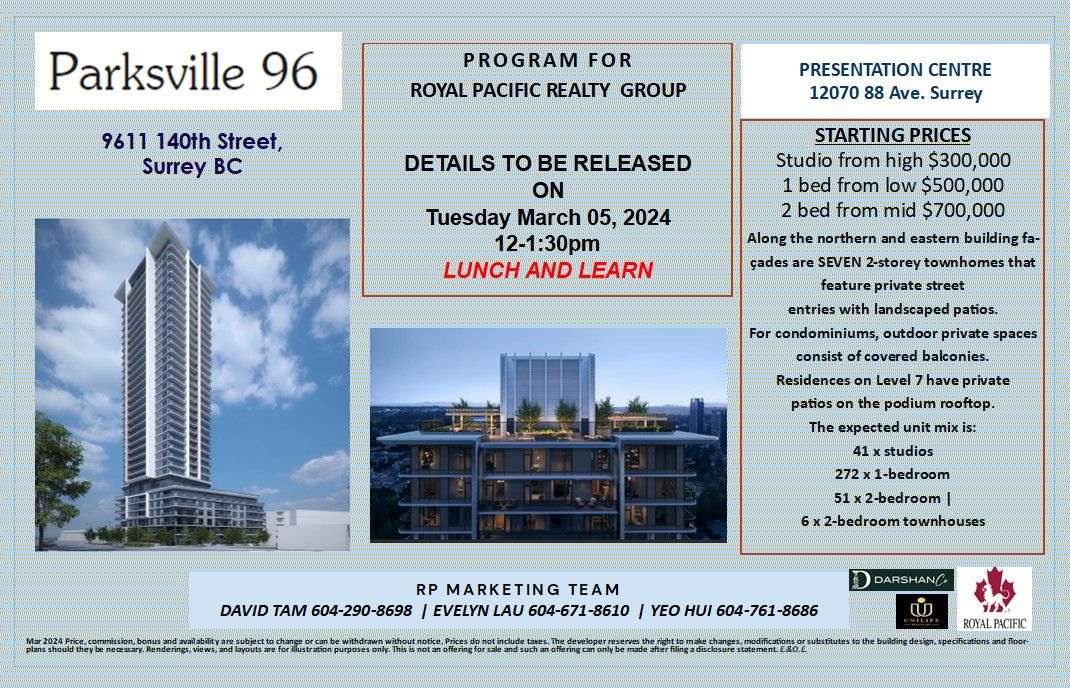In an effort to increase the supply of long-term residential housing, the BC Government has introduced the Short-Term Rental Accommodations Act) which will have substantive effects on many individual homeowners.
In brief, the legislative changes include:
Limiting short-term rentals to the host’s principal residence plus one secondary suite or accessory dwelling unit (ADU) in most major BC communities (populations of 10,000 or more or adjacent communities) effective on May 1, 2024.
Empowering regional districts to license short-term rentals located outside municipalities.
Data sharing from short-term rental platforms is required to monitor and enforce the rules.
Removal of legal non-conforming use or grandfathering of historical short-term rental use.
Creation of a provincial registry for short-term rentals and a compliance and enforcement unit.
These rules exclude hotels, motels, strata hotels, timeshares, fishing lodges, First Nations reserve lands, and modern treaty lands (unless those First Nations opt in).
Importantly, the new rules serve as a baseline for the province, but they do not supplant stricter municipal restrictions; for example, the City of Kelowna has recently removed short-term rentals as a secondary use for all zones.
The new legislation will affect real estate across British Columbia. Here are some common questions from REALTORS® across the province:
Q: How do we advise clients who currently own short-term rental accommodations?
A: Clients should be aware that the new provincial Short-Term Rental Accommodations Act will come into force as of May 1, 2024. This Act is in addition to any municipal rules and strata bylaws that already apply. Clients should examine whether their use complies with the new law.
Q: I have a listing in a small or resort municipality; how do I know if the new short-term rental accommodations principal residence requirement applies here?
A: There are several exemptions: small and resort municipalities, mountain resort and electoral areas (including the Gulf Islands), and most municipalities with a population under 10,000 people (except those adjacent to larger municipalities; e.g., Highlands, Belcarra, Anmore, Qualicum Beach, Peachland). Small exempt municipalities, which are initially exempt from the principal residence requirement in the legislation, may opt in. Realtors should check the list of included and exempted municipalities as part of their due diligence (see the full list here).
Q: How do I advise buyers looking to purchase short-term rental accommodations?
A: The current housing shortage in British Columbia is prompting governments at all levels to respond in various ways. Clients should be aware that laws are constantly changing, and current permitted uses may change. Buyers looking to purchase short-term accommodations should be aware that a number of laws have been recently amended to address the housing shortage, including local bylaws, provincial laws (e.g., Short-Term Rental Accommodations Act, Speculation and Vacancy Tax, etc.), and federal laws (e.g., Foreign Buyers Ban, Underused Housing Tax, etc.), which may affect their intended and future uses. REALTORS® should draft specific subject conditions to allow buyers to do the legal due diligence necessary to determine if the target property will support short-term rental use.
Q: One of my clients purchased a pre-sale condo and intends to use it for short-term rentals. With the introduction of the legislation, do they now have a new right of rescission for a material change after their initial 7-day recission right has passed?
A: This will depend on the nature of the pre-sale condo development, the contract, and the disclosure statement applicable for that unit. Developers are required to provide continuous and accurate disclosure, and affected buyers should be advised to seek immediate legal advice specific to their situation.
Q: If I am listing a property that is currently a short-term rental, do I need to disclose the change in the law?
A: The change in law has been published and advertised by the government; therefore, this would not be considered to be a material latent defect and would not require separate Rule 59 disclosure. There may be practical reasons that a REALTOR® and a client may choose to provide this as prudent additional disclosure (for example, to ensure a smooth closing); however, this should only be done with your client's specific direction.
Q: A local strata building wants to petition the mayor to “opt-out” of these provisions. Are they able to do so?
A: While the legislation has “opt-out” mechanisms for local government where the rental vacancy rate is 3 per cent or higher for two or more years, these provisions are limited and only apply to a geographic area, not a specific building or parcel. There is no mechanism in the legislation for a single property or building to be exempted, even if the local government desires this.
These legislative changes will affect buyers, sellers, strata corporations, and developers differently depending on each client's unique circumstances. As these are general guidelines only, REALTORS should ensure that their clients obtain legal advice specific to their respective clients' circumstances.
More information on how these changes affect BC's real estate is available from BCREA and BC Financial Services Authority.


